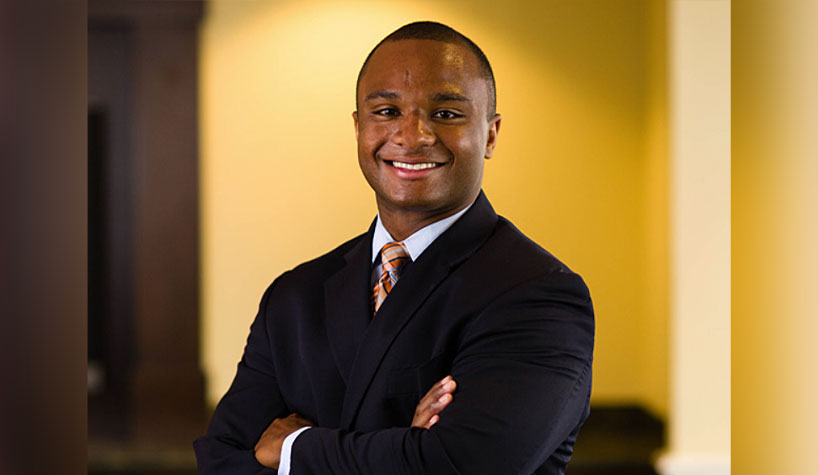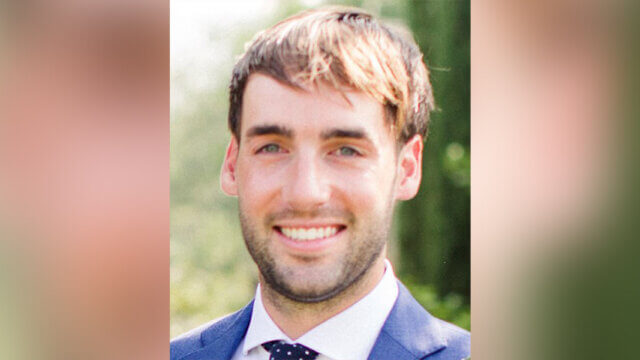By J. Anthony Nelson
COVID-19 has had a devastating impact on the hospitality industry, with a sizable portion of layoffs affecting the hotel sector. While the industry faces a long road to recovery, many hotels have begun the process of welcoming employees back to the workplace. However, despite their eagerness to return to work, it’s no secret they are still concerned about returning. Employees want to know that hotels, as their employers, are looking out for their best interest, including their health and safety.
As a result, hotels should prepare for an increase in the number of employment-related claims brought by employees expressing concerns or apprehension due to COVID-19. To that end, hotel executives need to be well-acquainted with navigating the many evolving legal issues arising as they begin to welcome back an eager, yet apprehensive workforce.
Accommodating employees with disabilities and underlying health conditions
Under the Americans with Disabilities Act, if a reasonable accommodation is needed and requested by an employee with a disability, the hotel must provide it unless it would pose an undue hardship. If an employee’s medical condition was previously unknown, the property may request that the employee provide additional documentation regarding the nature, severity and duration of the condition.
Keep in mind, hotels ultimately have the sole discretion to choose between effective accommodations. In other words, they are not legally required to provide the best, most convenient or preferred accommodation. They only need to select an accommodation that will enable the disabled employee to perform the essential functions of the job.
However, properties should engage in an interactive process with the employee to identify a reasonable accommodation given the nature or severity of his or her condition and the workplace. These may include continued mask-wearing, relocating his or her workspace to reduce exposure to employees or guests, temporary job restructuring of marginal job duties, temporary transfers to a different position or modifying a work schedule or shift assignment. When there are two or more effective accommodations, hotels are free to select one that is the least expensive to them.
To streamline the interactive process for employees seeking accommodations, it is recommended that executives prepare a list in advance of possible accommodations. This will also help to ensure consistent treatment of requests which will minimize or prevent potential discrimination claims from apprehensive employees who may feel they were treated differently due to their concerns and disabilities.
Accommodating employees who refuse vaccines due to religion
It is critical that hotel executives ensure that any mandated vaccine policy allows for religious accommodations. If the hotel is on notice that an employee’s sincerely held religious belief, practice or observance prevents him or her from receiving a vaccine, the hotel is required to provide a reasonable accommodation for the religious belief, practice or observance unless it would pose an undue hardship.
As a general practice, business owners should assume that an employee’s request for religious accommodation is based on a sincerely held religious belief. However, if an executive has an objective basis for questioning either the religious nature or sincerity of a particular belief, practice or observance, he or she may request additional supporting information. Similar to handling requests from disabled employees, hotels should engage in an interactive process with each employee to identify a reasonable accommodation.
Dealing with an employee refusing to follow the return-to-work plan
Unlike requests for accommodations due to a disability or religious belief, hotels are not required to accommodate an employee based solely on fears or concerns with COVID-19. Therefore, hotel executives may elect to discipline or terminate an employee who refuses to follow the hotel’s return-to-work plan. However, although disciplining and terminating employees are available options, either may not be optimal choices given the likelihood of them responding with a lawsuit against the hotel.
Instead, hotel executives should inquire into the employee’s concern or refusal to follow the hotel’s plan. They may very well be able to alleviate the employee’s worries by further educating the employee about the health and safety changes that the hotel implemented, or by offering a simple solution such as a temporary change of duties to reduce exposure to guests and other employees. Should the employee still refuse to follow the hotel’s plan, executives can explore whether discipline or termination is warranted.
Ultimately, by interacting with concerned employees and exploring potential solutions, rather than jumping straight to formal discipline, hotel executives place the hotel in a more favorable position should the employee decide to sue the hotel. But perhaps more importantly, following and applying this approach will help executives preserve employee morale, which is critical to every hotel’s success during this long period of recovery.
J. Anthony Nelson is an attorney in the labor & employment practice group at the Gunster law firm. He is based in the firm’s West Palm Beach, FL, office.
This is a contributed piece to Hotel Business, authored by an industry professional. The thoughts expressed are the perspective of the bylined individual.




